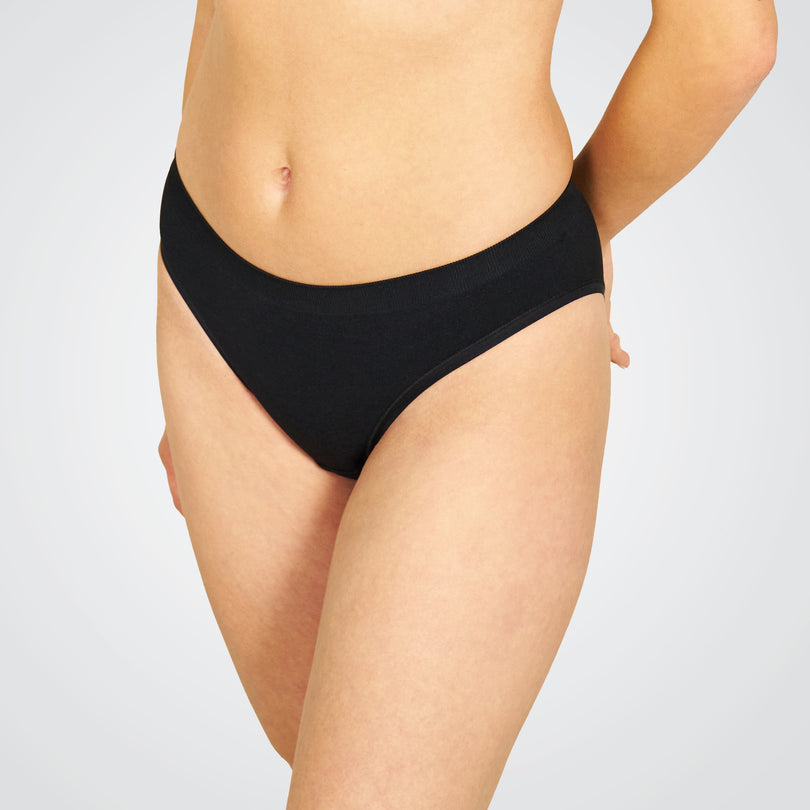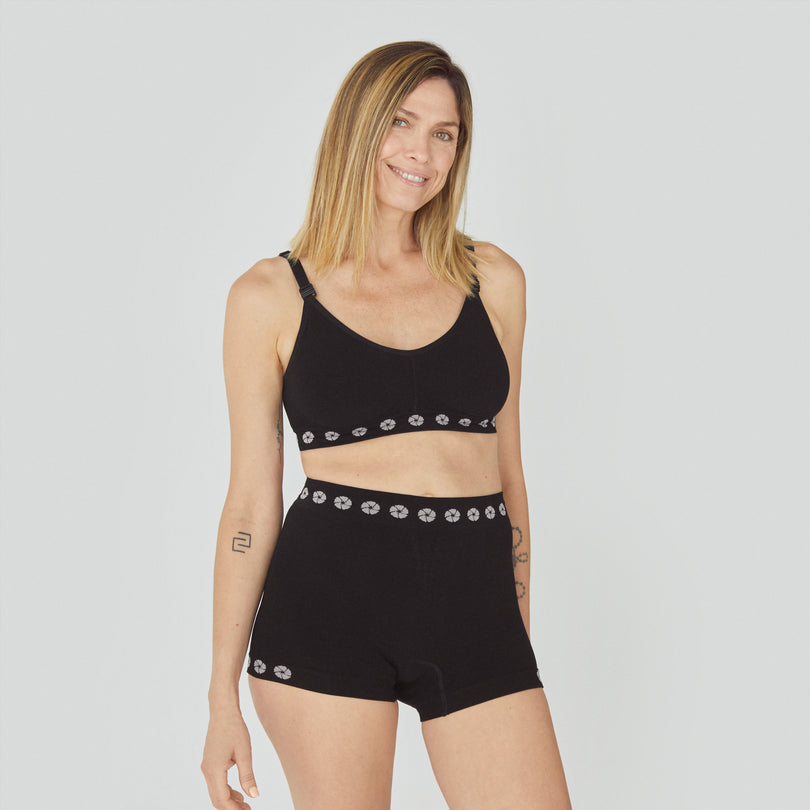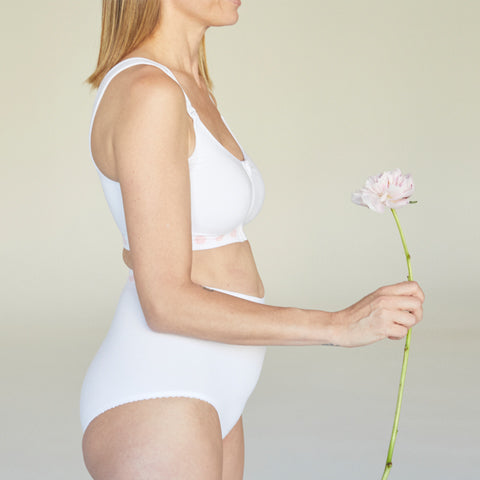Bamboo vs. Organic Cotton as a Sustainable Material

LESS WATER
BAMBOO needs nothing more
than sunlight and rainwater
to grow.

CARBON FOOTPRINT
Bamboo plants are
environmentally friendly, and its
manufacturing process produces a far
smaller carbon footprint.

THIRSTY COTTON
The production of a single Cotton T-shirt
requires 2,700 litres of water
the equivalent of 70 showers.

NO CHEMICALS
No pesticides, insecticides or fertiliser
are required to grow bamboo while cotton is
responsible for no less than
11% of all pesticides and 25%
of all insecticides used in the world.

SUSTAINABLE
Approximately 10 times more bamboo
can be produced per square metre
than can be produced using cotton plants.













